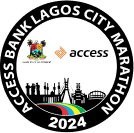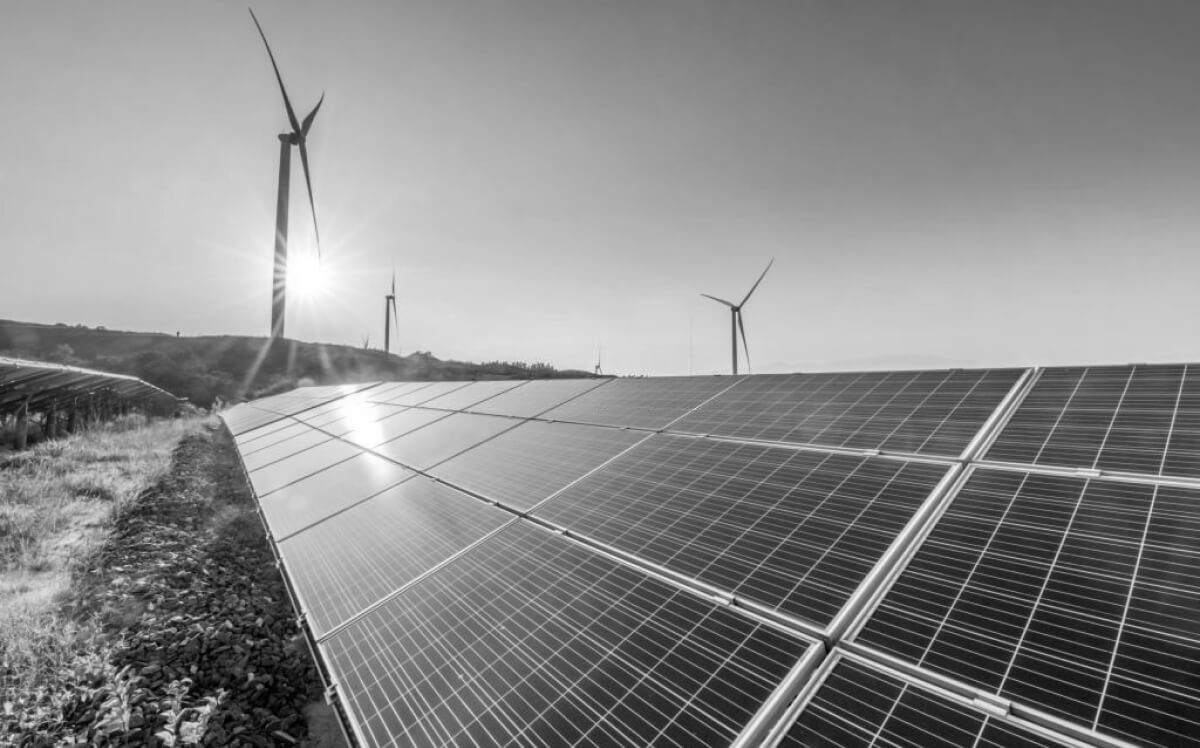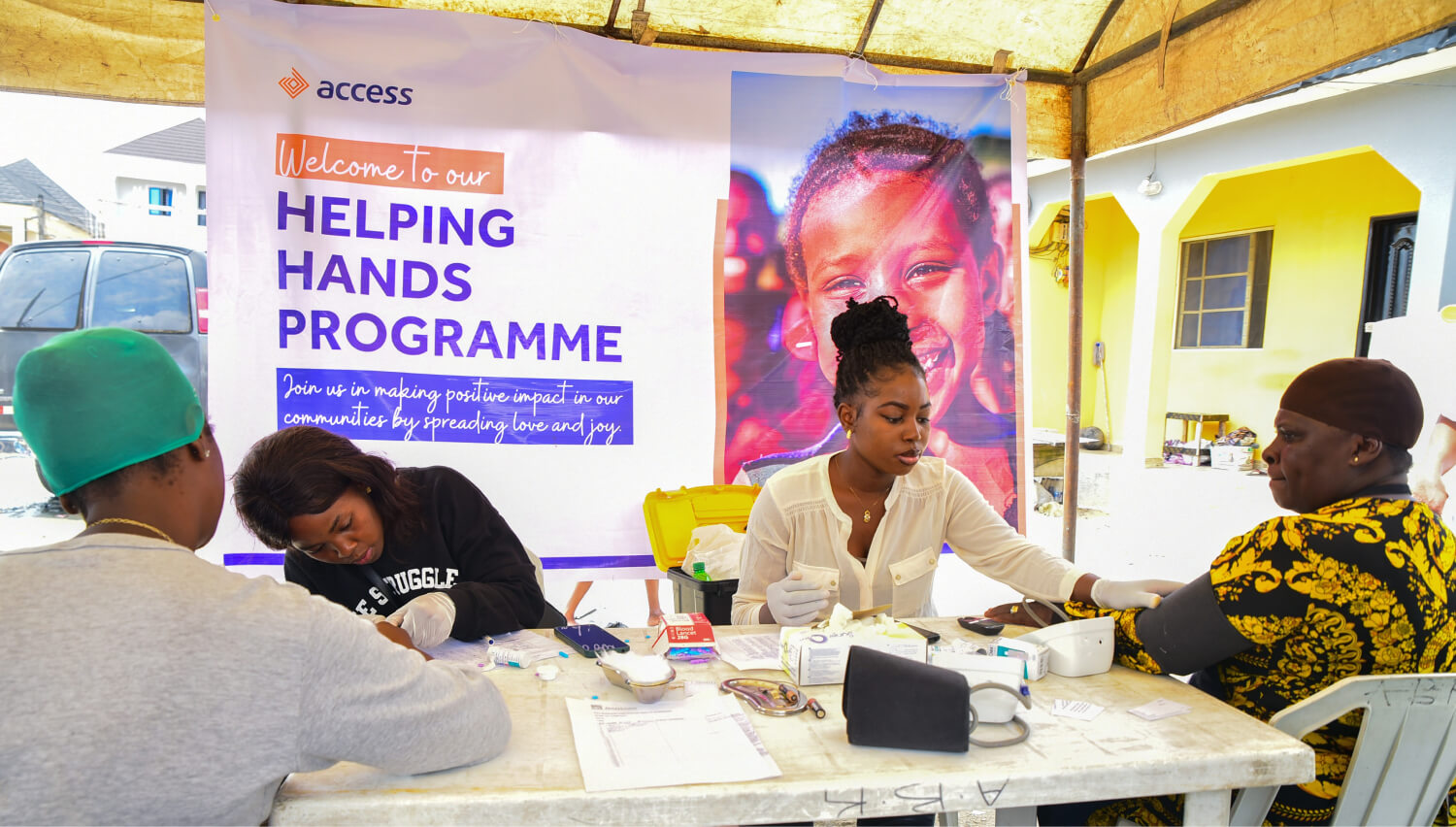We are now living in the most modern and technologically advanced period in history, opening countless opportunities never thought possible twenty or even ten years ago. From the internet to smartphones, from airplanes to electric cars – we are the most connected and progressive we have ever been as a society.
While technological advancement has significantly improved the quality of life for some, it also creates a looming problem threatening this progress: energy security. A startling one in five people still lack access to modern electricity– this means that one in five people do not benefit from the technological advancements that enable an improved quality of life. Having access to energy will be essential to remedy extreme inequalities and is quite literally the key element that will power all other development activities.
Solar is the fastest-growing new energy source in the world, providing access to much-needed energy without the health or environmental damages of other energy sources. Solar technology is also indispensable in providing basic human rights such as access to food, water, and health care in many developing countries. It is estimated that in order to achieve universal access to modern energy services, annual investments of $45 billion will be needed to meet the goals.
To facilitate access to affordable energy, Access Bank partnered with Glow initiative on the Solar Skills Empowerment Program. The program was focused on training young Nigerians in Ebenebe village, Anambra State to develop skill sets in the solar energy value chain – such as solar panel designers, installation engineers, assemblage assistants, and repair / maintenance professionals- enabling them to become active proponents of energy efficiency and renewable energy approaches with a clear understanding of the issues and application around climate change, and act as positive agents in their communities.
Hands-on practical installation of solar system, a one-week capacity building program as well as mentorship and intention programs were conducted for the trainees. Through this initiative, 60 young men and women were trained on solar PV design, marketing and sales, repair and installation as well as solar PV entrepreneurship.
The Bank also trained over 100 school students and teachers Awka North Local Government Area of Anambra State on solar power generation. This capacity building in energy technologies will help develop the talents of Nigerian youths in the use and adoption of renewable energy especially in poor rural areas for a healthier society.







